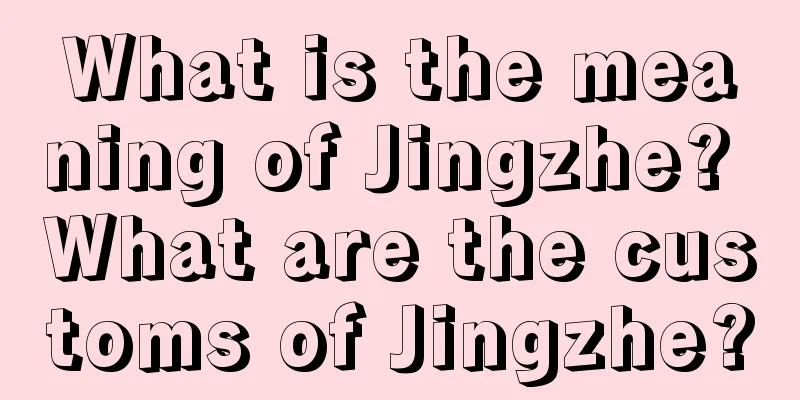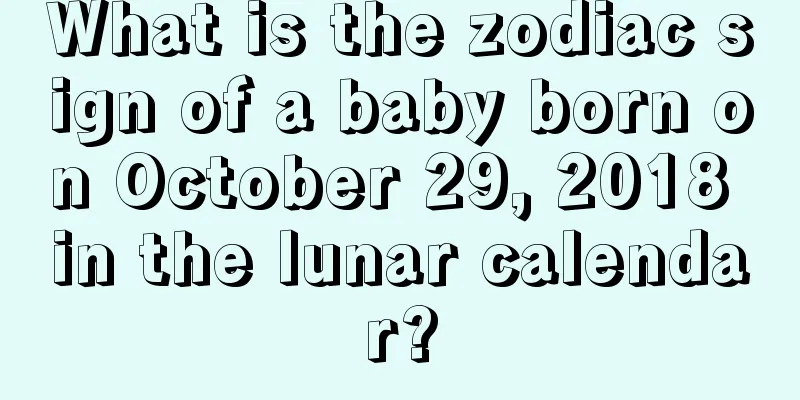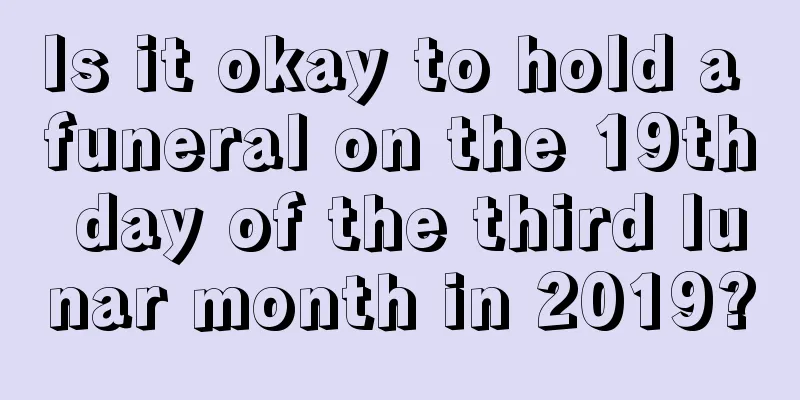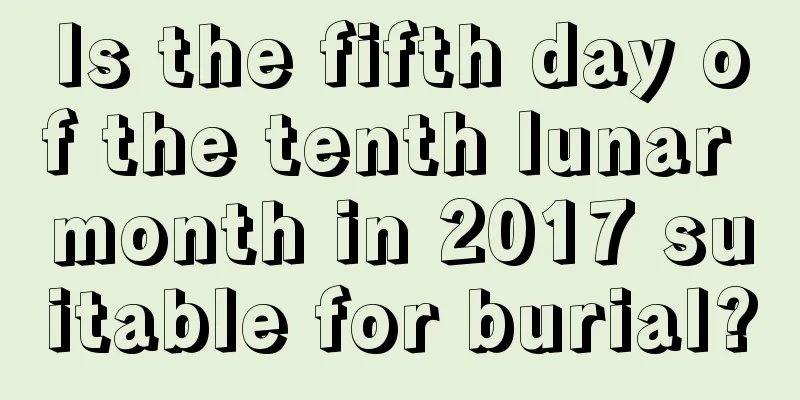What is the meaning of Jingzhe? What are the customs of Jingzhe?

The 24 solar terms are the crystallization of the wisdom of the ancient Chinese working people. Until now, they have had a significant impact on people’s daily work and life. So what is the meaning of Jingzhe? What are the customs of Jingzhe? If you want to know more about the first month of the lunar calendar in 2018, please pay attention to our fortune teller website!What is the meaning of Jingzhe?"Collected Explanations of the 72 Seasonal Changes" says: "In the second month, all things come out of the thunder, and thunder means thunder, so it is called Jingzhe. The hibernating insects are frightened and run away." From this we can see that Jingzhe means the weather is getting warmer, spring thunder begins to sound, and the hibernating insects underground are awakened. Of course, insects cannot hear thunder, because the warming weather is the reason why they end their hibernation and "frightened away".Jingzhe is a solar term that reflects natural phenological phenomena, which usually falls around March 6 of the Gregorian calendar every year. At this time, the earth has reached 345 degrees of the sun's ecliptic longitude. From this solar term onwards, the temperature rises rapidly and spring thunder has begun to be heard in most areas of the Yangtze River Basin. In most parts of southern China, there is rain all year round and the first thunder of spring can be heard during the Waking of Insects. However, in south and northwest China, except for a few years, thunder is usually not heard until the Qingming Festival. The time of the first spring thunder varies in different parts of my country. After years of observation, on average, thunder can be heard in southern Yunnan around the end of January, while the first thunder in Beijing is in late April. The saying that thunder begins at Jingzhe is roughly consistent with the climate patterns in the Hannan area along the Yangtze River. In ancient times, Jingzhe was divided into three stages: "The first stage is when peaches begin to bloom; the second stage is when orioles sing; the third stage is when eagles transform into wild geese." This describes the mid-spring when peach blossoms turn red, pear blossoms turn white, orioles sing, and swallows fly. According to experience, around the Waking of Insects period, the weather in large parts of my country begins to warm up, the rainfall increases, and most areas begin to enter the busy spring farming season. Various insects hibernating in the soil are awakened, and the eggs that have been hibernating begin to hatch at this time. It can be seen from this that Jingzhe is a solar term that reflects natural phenological phenomena. "When spring thunder sounds, all things grow." The Jingzhe season is the perfect "Nine Nines" of sunny days, with rising temperatures and increasing rainfall. Except for the cold northeast and northwest regions which are still covered with snow in winter, the average temperature in most parts of the country has risen. ℃ above, the average daily temperature in North China is 3-6℃, above 8℃ in the south of the Yangtze River, and 10-15℃ in the southwest and south China. It has long been a spring scene with pink peach blossoms and green willows. What are the customs of Jingzhe?Eating pears during the Waking of Insects <br /> There is a folk custom of "eating pears during the Waking of Insects". There is no trace as to when the custom of eating pears during the Waking of Insects season originated, but the people of Qi County have such a story that has been passed down from generation to generation. Legend has it that the Qu family, a well-known Shanxi merchant family, was descended from Qu Ji, a native of Changzi County, Shangdang. In the early years of Hongwu in the Ming Dynasty, he brought his two sons, Xin and Yi, and traded Shangdang's Lu hemp and pears for Qi County's coarse cloth and red dates. He traveled back and forth between the two places to make a profit. Over time, he saved some money and settled down in Qi County.Jingzhe beats the villain <br /> Jingzhe symbolizes the beginning of February. There will be a thunderclap that awakens all hibernating snakes, insects, rats and ants. According to the folk custom of Jingzhe, the insects and ants in the house will respond to the thunder and look for food everywhere. Therefore, in ancient times, on the day of Jingzhe, people would hold fragrant incense and mugwort and fumigate the four corners of their homes to use the fragrance to drive away snakes, insects, mosquitoes, rats and musty smells. Over time, this gradually evolved into a habit of those who were unhappy slapping their opponents and driving away bad luck, which is the predecessor of "beating the villain". Therefore, an interesting scene would appear on the Waking of Insects day every year: a woman would hit a paper doll with a wooden slipper while chanting a spell to beat the paper doll: "I'll hit your head until you are so angry that you tremble, and I'll hit you until you vomit even if you eat your relatives." Waking of Insects Day: Offering sacrifices to the White Tiger <br /> The ancients regarded the White Tiger as the king of beasts, able to drive away evil and harm. Every year on the Waking of Insects Day, people offered sacrifices to the White Tiger to drive away all insects and protect themselves from pests. At the same time, among the twelve zodiac signs, some of them will be affected by the White Tiger and Heavenly Dog evil spirits. Later, it gradually evolved into the zodiac signs that offend the White Tiger and Heavenly Dog, or people who feel unlucky and have been offended by villains will worship the White Tiger on the Waking of Insects Day, praying for a peaceful and smooth year and to drive away villains and diseases. The so-called white tiger sacrifice refers to the worship of a white tiger drawn on paper. The paper tiger is usually yellow with black stripes, and has a pair of fangs painted at the corners of its mouth. Then you can hit it. Jingzhe Festival: Worship the Thunder God <br /> The solar term god of Jingzhe Festival is the Thunder God. As the god of the nine heavens, Leishen has a lofty status. There is a saying among Hakka people in various places: "Thunder God in the sky and uncle in the earth." On the one hand, this saying points out the prominent position of uncle in the family, and on the other hand, it also implies that Thunder God is an important god in heaven after Heaven God. In Taiwan, the solar term god of Jingzhe is "Leigong". According to legend, "Thunder God" is a big bird that carries an iron hammer with him at all times. It is he who uses the iron hammer to create rumbling thunder, awakening all things on earth, and people know that spring has come. Hakka people stir-fry insects <br /> The custom of driving away, killing and eating insects on the Waking of Insects Day has a very ancient origin. Many ethnic minorities still retain traditions similar to the Hakka "stir-fried insects". The Hakka people use the method of "frying insects" to achieve the utilitarian purpose of repelling insects. On the day of Jingzhe, the Hakka people in the ancient Tingzhou area of western Fujian would boil taro with the skin on in hot water, or fry beans or rice. People believe that this can kill many kinds of small insects, hence the saying "fry insects and fry beasts, kill (boil) insects and kill beasts." Jingzhe is the time when hibernating insects begin to revive, so the Hakka ancestors advocated early insect control. On the Waking of Insects Day, the Hakka people in Tingzhou have the custom of making taro cakes or taro dumplings. Taro symbolizes "caterpillars" and eating taro means getting rid of all insects. |
<<: What gift is good for the Lantern Festival? What should I pay attention to?
>>: Where did the Lantern Festival fireworks come from? What's the point?
Recommend
Is Jingzhe on March 5, 2021 an auspicious day for decoration? What is the lunar date of Jingzhe this year?
Introduction: It is generally necessary to choose ...
Is the fate of a baby girl born on the tenth day of the third lunar month in 2019 good or bad?
Is the fate of a baby girl born on the tenth day o...
What’s the zodiac sign for people born on the eleventh day of the lunar year in 2021? Is this zodiac sign good?
If 2021 is a brand new chapter, then the first mon...
How to name a baby born on May 1st
May Day is one of the biggest holidays in the worl...
Is it appropriate to break ground on the fourth day of the fifth lunar month in the Year of the Tiger in 2022? Is it an auspicious day?
Is it appropriate to break ground on the fourth da...
Is November 19, 2019 a good day?
Is November 19, 2019 a good day? Jiayue is a beau...
What day is April 29th in the leap lunar calendar in 2020? Is it a good day?
2020 is a leap year, with a leap April. Leap Apri...
Is it a good idea to get engaged the day before the Dragon Boat Festival in 2020? What is the purpose of hanging mugwort on the Dragon Boat Festival?
Introduction: You need to choose an auspicious day...
What time should you go to bed on the Cold Clothes Festival on the first day of the tenth lunar month in 2019? Is the Zi hexagram on the Cold Clothes Festival 2019 a lucky hexagram?
The first day of the tenth month of the lunar cale...
Is it not suitable to hold a funeral on the second day of Rain Water in 2021? Will there be a cold wave during the Rain Water solar term this year?
Introduction: It is generally necessary to choose ...
Where is the God of Wealth on June 25, 2017? Check the God of Wealth's location
The leap sixth month of the lunar calendar in 201...
Is it not suitable to move house on the day before the beginning of spring in 2021? What does the Spring Festival before the New Year mean?
Introduction: It is generally necessary to choose ...
Introduction to the origin of the Zhongyuan Festival. What are the nicknames of the Zhongyuan Festival?
Every festival has its own origin, but not everyon...
Which celebrities and great men were born on Christmas Eve?
Christmas Eve is the night before Christmas, also ...
What day of the week is New Year's Day 2022? How many days are there for New Year's Day holiday this year?
New Year's Day is one of the statutory holiday...









